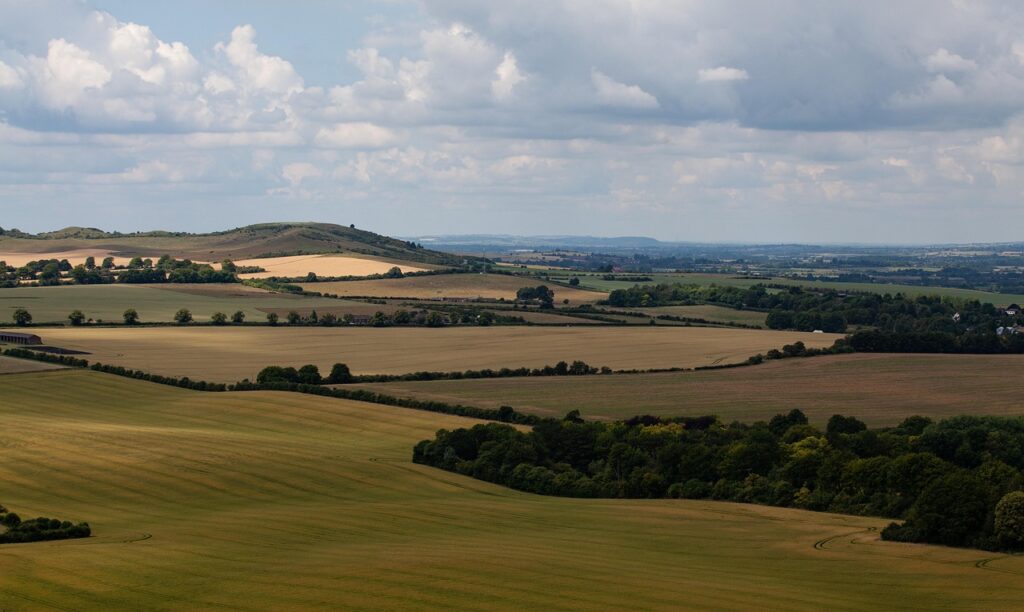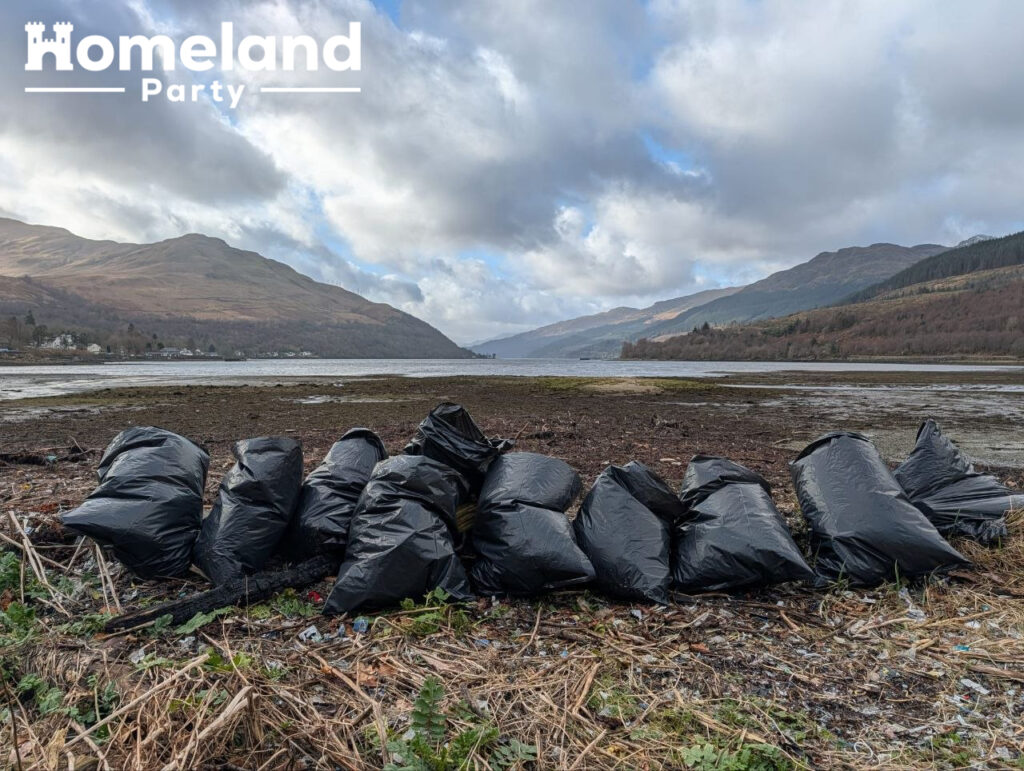
There are voices today suggesting that the British countryside must be redesigned, that its character is insufficiently “diverse,” and that it should be reshaped to meet external expectations. Above all, such proposals reveal a misunderstanding not only of place, but of culture itself.
Roots
The countryside is not an empty stage. It is not a commodity to be marketed or a social experiment. It is made of living communities shaped by the rhythms of generations: by toil, ritual, memory, and affection. Accordingly, its form is the result of continuity, not convenience. Loyalty, not fashion.
Where life grows organically, it grows in accordance with its history. Identity is not a contract or a branding exercise. It emerges from the soil of ancestors and the bonds between those who cultivate, protect, and dwell upon the land. This is the spirit of the English countryside: not exclusion, but rootedness; not uniformity imposed, but coherence inherited.
To claim that the land is “too white” is to mistake diversity for displacement and belonging for deficiency. It assumes that a culture’s authenticity must give way before an abstract universal ideal. But an oak does not become more just by grafting foreign branches into its trunk. It becomes weaker, less itself, less capable of standing against the storms of time.
A culture endures not by dissolving what it is, but by deepening what it already contains. Retail options or symbolic gestures do not define the life of the countryside. It is embodied in the pub where neighbours gather, the churchyard where family names echo through the centuries, the village green where festivals repeat in seasonal rhythm. These are not conveniences. They are civilisational memory.
To demand that such places conform to external appetites, to treat them as interchangeable zones awaiting ideological renovation, is to misunderstand human flourishing. True community grows from within. It is cultivated through kinship, familiarity, and shared responsibility. It is a garden tended.
Preservation
What the countryside requires is not guilt, but stewardship; not reinvention, but renewal; not moral accusation, but reverence for the delicate chain between past, present, and future. A people who cannot defend their own roots will one day discover they have lost both the soil beneath them and the sky above.
The countryside is not “too” anything. It is itself, and that is its virtue. Let those who enter it come as guests into a home, not as engineers remaking a blueprint. To preserve the continuity of a place is not to close a door; it is to honour the life already growing there and to pass it on intact, alive, and recognisable.
An identity worth having, is not manufactured. It is inherited, tended, and entrusted to the next generation of our kin.


